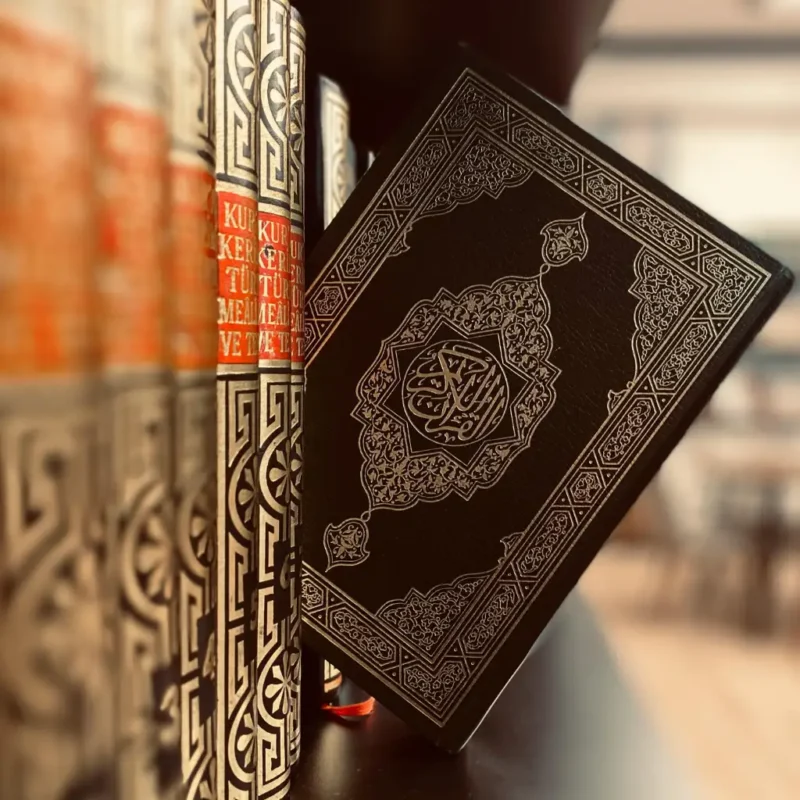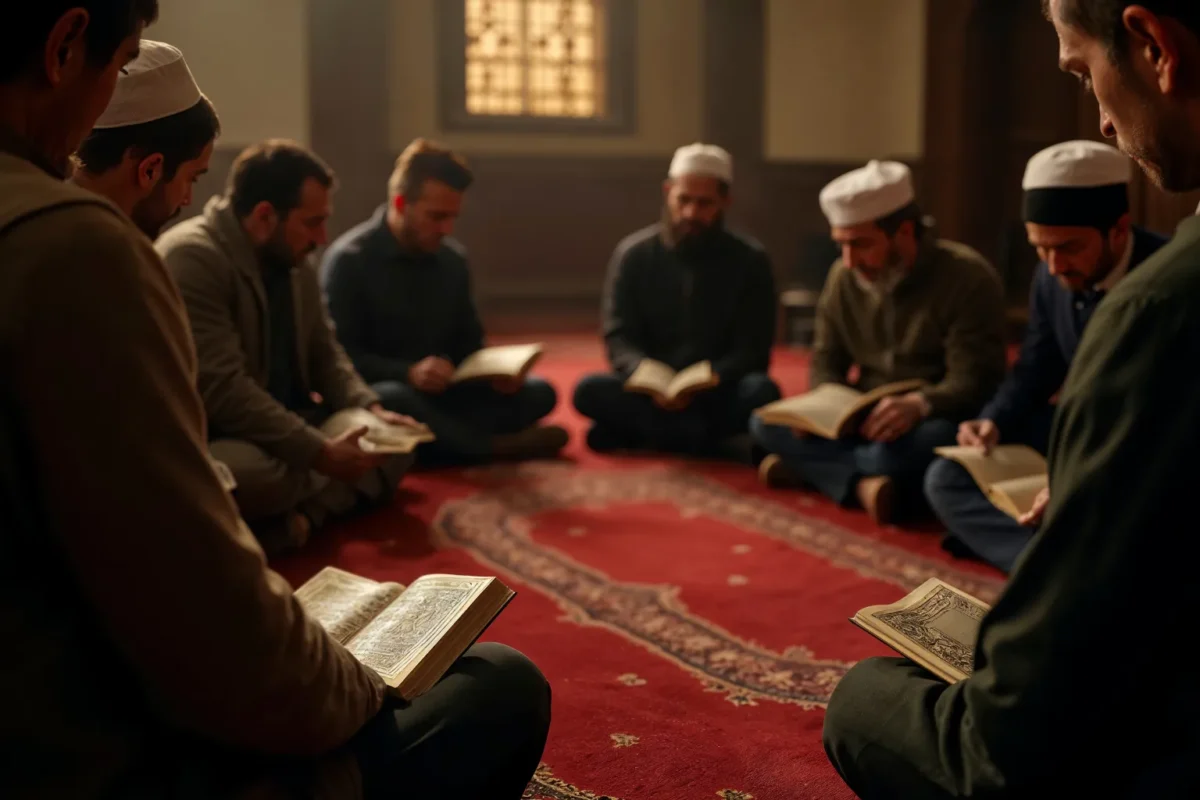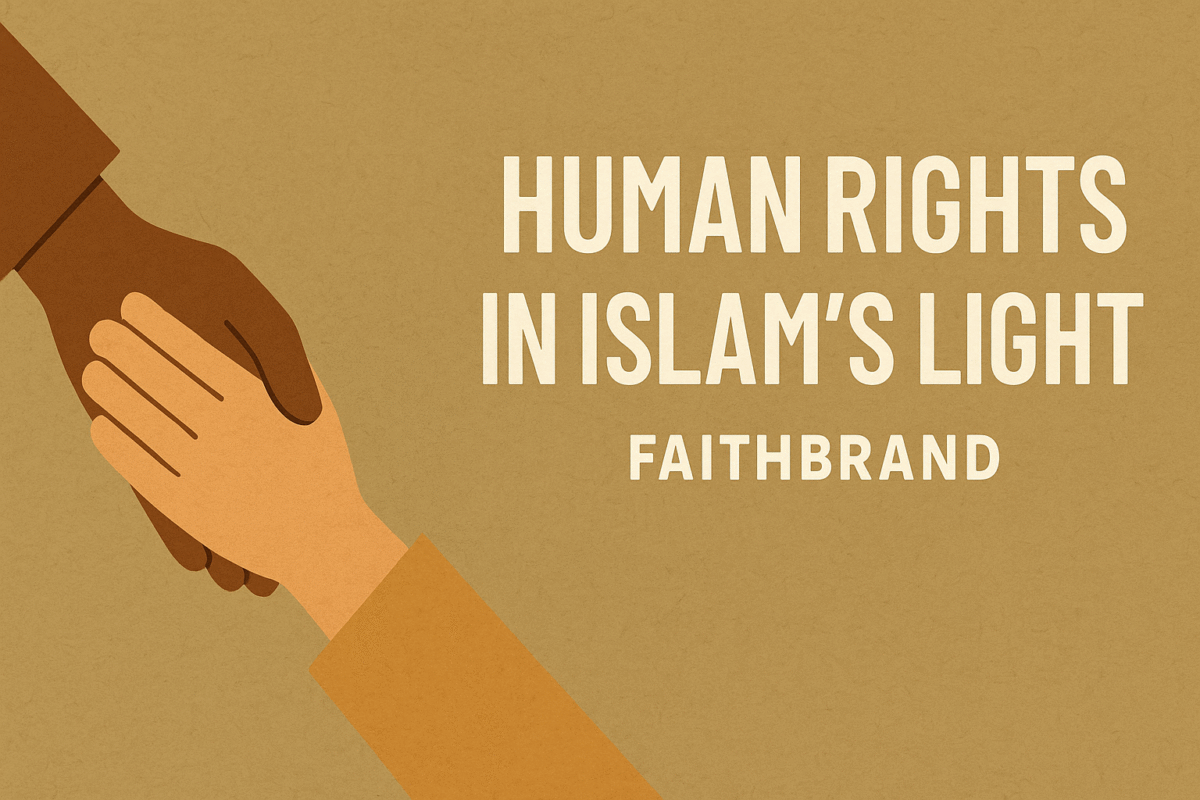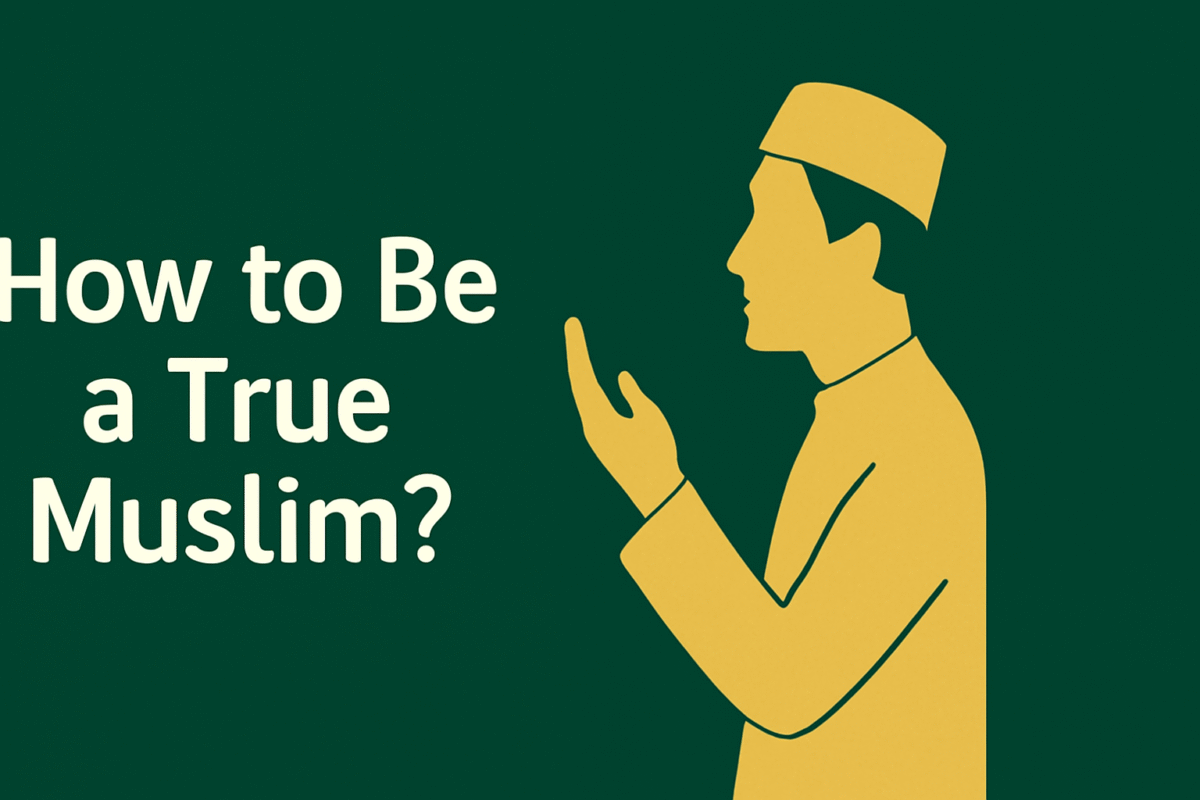Life in Islam is a great blessing from Allah (SWT), which we often turn into a burden by living it according to our desires. The Islamic perspective on life teaches us that life is a test, a temporary phase before the eternal life of the Hereafter. Life is a blessing given to us before death, and this same life will be returned to us on the Day of Judgment (Yawm al-Qiyamah). You can also read about Protect Yourself and Others from Harm in Islam.
Have we ever thought about why life was given to us in Islam? Does life have a way to be lived and a purpose? Every sensible and intelligent person would answer:
“Just as every action has a purpose, life too has a purpose.”
In our surroundings, we often come across people whose thoughts are like this:
- Life is about eating good food, traveling, and having fun.
- Life is the name of all worldly luxuries and beauty.
- Life is just about living on one’s terms.
- Life is a form of entertainment.
- Life is one where there should be nothing but happiness.
Many others describe life in similar ways. But think! Is this the purpose of life in Islam? Reflect—why were we sent to this world? Why were we granted life? What is its purpose? Who is our Lord (Rabb)? What is our religion (Deen)? What does the Holy Qur’an (Al-Qur’an al-Kareem) tell us about how we should live?
It is said that this world is a field for the Akhirah (Hereafter); whatever you sow here, you shall reap there.
When someone is advised, their response is often: “It’s our life; we will live it the way we want. You worry about yourself.”
Such a response is somewhat tolerable when it comes from strangers, but when a close one says it, the heart weeps tears of blood. We care because Allah (SWT) has commanded us to guide our family members towards righteousness (Taqwa), just as we walk upon it ourselves.
Even now, there is time to turn back. Seek forgiveness (Tawbah) from your Lord for your past sins, for He is the Most Merciful (Ar-Rahman) and the Most Forgiving (Al-Ghaffar). Remember the eternal life in Jannah (Paradise) that follows this short and temporary life and prepare for it through your deeds, because death is not the end—it is the beginning of accountability.
Think, and think again—are we truly walking the path shown by Allah (SWT) and His Messenger Muhammad (peace be upon him)? Are we acting upon the Qur’an? Are we following the Sunnah of the Prophet (ﷺ)?
Even now, there is time—repent for your sins because the doors of repentance are always open with our Lord, for He is indeed the Most Forgiving.
My humble dua (prayer) to Allah Almighty is that He grants me and all Muslim men and women (Ummah) the ability to follow the religion and forgive all our open and hidden sins. Ameen.
The Role of Angels in Islam – Tafsir Ibn Jarir
Tafsir Ibn Jarir narrates that Hazrat Uthman (RA) came to the Prophet (ﷺ) and asked:
“O Messenger of Allah! How many angels (Malaikah) are assigned with a person?”
The Prophet (ﷺ) replied:
“One on the right side who writes good deeds (Hasanat)—he is the leader over the one on the left. When you do a good deed, he writes it as ten. But when you commit a sin, the angel on the left seeks permission from the right-side angel to write it down. The right one says: ‘Wait a bit, perhaps he will repent and seek forgiveness.’ This request is made three times. If the person still does not repent, the right-side angel says: ‘Now write it.’
(Allah protect us from such a situation!) This is indeed a bad companion, one who has no regard for Allah and feels no shame before Him.”
Allah (SWT) says in the Qur’an:
“Man does not utter any word except that there is an observer ready to record it.”
(Qur’an, Surah Qaf:18)
And two angels are stationed—one in front and one behind.
Allah the Exalted says:
“For each person are angels in succession, before and behind him. They guard him by the command of Allah.”
(Surah Ar-Ra’d: 11 – Bayan-ul-Quran)
There is also an angel who holds the hair of your forehead; when you humble yourself for the sake of Allah (SWT), he raises your status, and when you show arrogance (Takabbur), he humiliates and lowers you.
Two angels are stationed at your lips, preserving every Durood (Salawat upon the Prophet ﷺ) you recite.
One angel stands guard at your mouth to prevent harmful things, like snakes or other creatures, from entering.
Two angels are assigned to your eyes.
These are ten angels who are with every child of Adam during the day, and separate ones during the night. In total, twenty angels are appointed to every individual from Allah Almighty.
(Tafsir Ibn Kathir, Volume 3, Page 32)
Conclusion
Life in Islam is not merely about enjoying worldly pleasures—it is a trust and a journey toward the Hereafter. Every action is being recorded, and we are continuously under the mercy and watch of Allah. It is never too late to return to Him, ask for forgiveness, and commit to a righteous path. May Allah guide us all, forgive our sins, and bless us with success in this life and the next. Ameen.
FAQs
Are we accountable for our actions in this world?
Yes, in Islam, every person is accountable for their actions. Angels are appointed to record both good and bad deeds, which will be presented on the Day of Judgment.
How does Islam view repentance?
Repentance (Tawbah) is highly encouraged in Islam. Allah’s mercy is vast, and He forgives anyone who sincerely repents, no matter how big the sin is.
How many angels are assigned to each person?
According to Islamic teachings, there are about 20 angels assigned to each person—some to record deeds, some for protection, and others for various spiritual duties.







